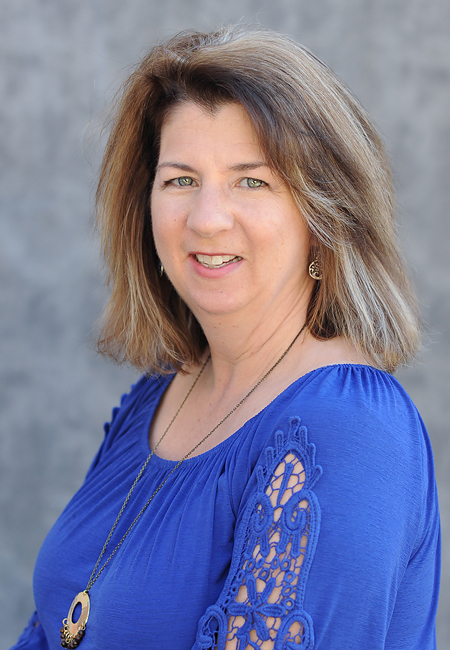
Hi everyone! I am Ann Price, Founder and President of Community Evaluation Solutions (CES). We help non-profits, foundations and community coalitions design, implement and evaluate social change strategies to make this world more just and equitable and help them tell their story.
I founded CES in 2004 and like many of us, the pandemic caused me to do some serious soul searching. Recently I cleared my schedule and took a week long sabbatical on my back deck to reflect on my business and write a new business plan to take me into the next phase of my career. During the week I meditated, exercised, baked bread and took some professional development classes. It was a restful week and left me with renewed energy and commitment to the work we do as evaluators.
My lessons learned are even more relevant to me now as the US grapples with violence against Black Americans and inequities that can (hopefully) no longer be ignored. In this blog I want to share the basic outline I used to write my new business plan. There are other things you might want to include that are not mentioned here, such as financial plans and operating plans, but this list includes some of the things that I focused on to shift our focus.
Hot Tips:
- Ground your business plan in your mission by focusing on your why? “When you know your why, you have options on what your what can be.” I love this video from Michael J and use it often when training coalition leaders. For me, my why is our tag line, “Partnering for Social Change.” The question I asked myself as I wrote my plan was: What would it look like if every decision I made was centered on our mission?
- Define your Brand “Persona.” Your brand is not who you say you are, it is what other people say about you.
- Define your client Avatar. How would you describe your ideal client? Be as specific as possible.
- Once you understand your ideal client, identify their “pain points.” You may already know what is difficult for them, but if you don’t, ask them. Focusing on the problems they need help with will ground your work and help you define the services and products that they most need.
- Next, identify where to find your ideal customer. They may be on LinkedIn, Facebook, or Twitter, but wherever they are, you need to be there too. Do research on how each social media platform to understand how it operates in order to reach your ideal clients.
Rad Resources:
- Big isn’t always better. This book has some great advice for small companies. A Company of One by Paul Jarvis.
- Every independent evaluator’s favorite consulting book also includes information on how to write a business plan. Consulting Start-up and Management by Gail Barrington.
The American Evaluation Association is celebrating IC TIG Week with our colleagues in the Independent Consulting Topical Interest Group. The contributions all this week to aea365 come from our IC TIG members. Do you have questions, concerns, kudos, or content to extend this aea365 contribution? Please add them in the comments section for this post on the aea365 webpage so that we may enrich our community of practice. Would you like to submit an aea365 Tip? Please send a note of interest to aea365@eval.org. aea365 is sponsored by the American Evaluation Association and provides a Tip-a-Day by and for evaluators.
